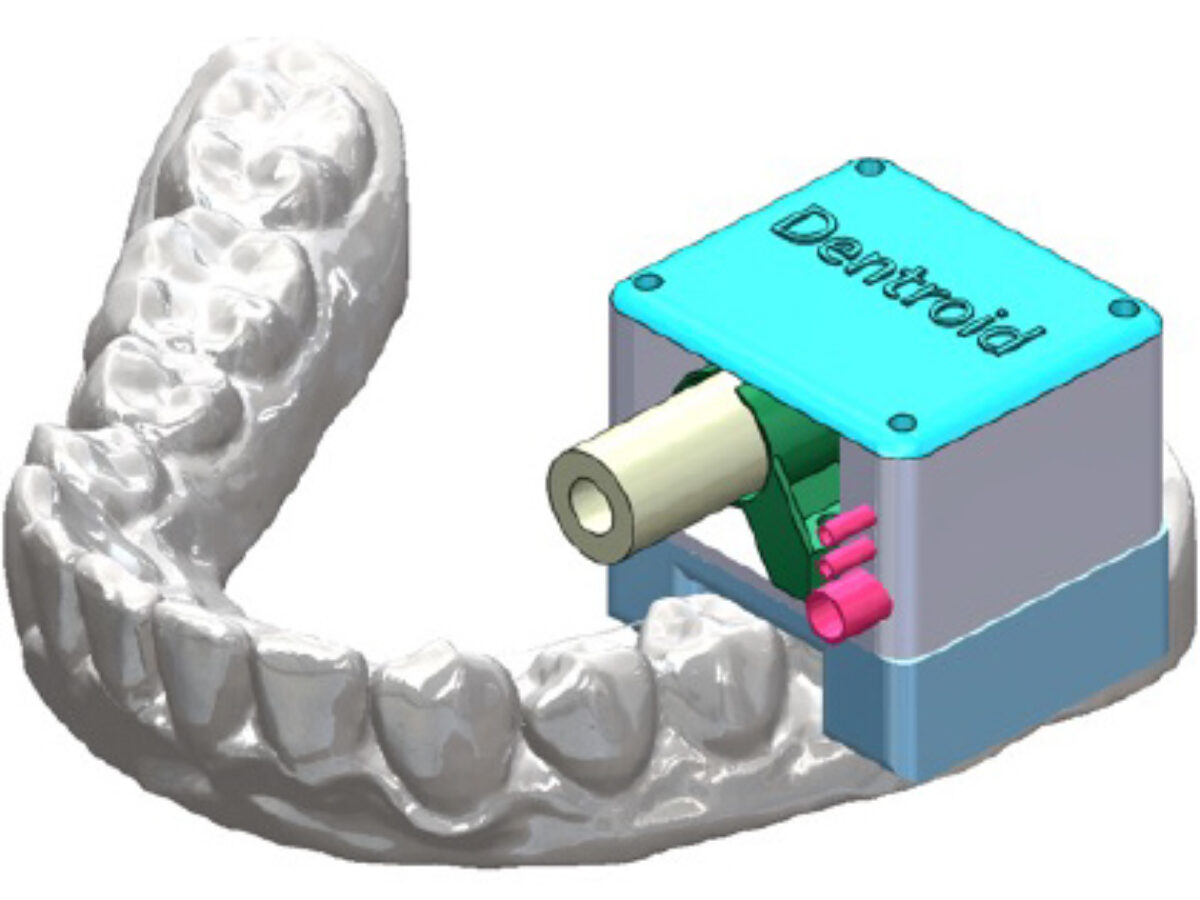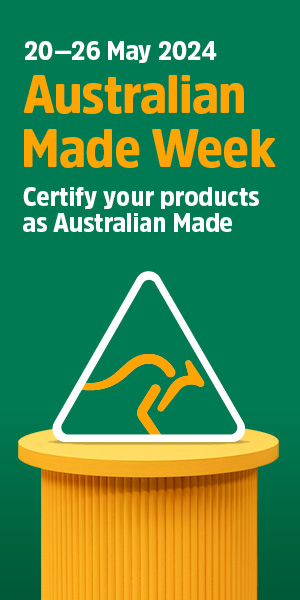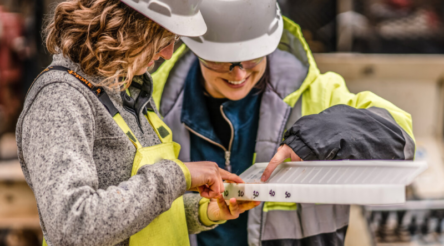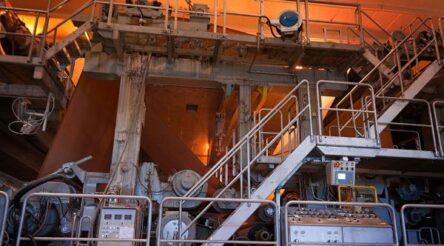$28 million in ARC Linkage grants awarded

Fifty-seven projects were awarded a total of $28 million in Australian Research Council (ARC) Linkage grants, including those involving a locally-developed dental robot, new battery storage chemistries, and recycled materials in roads.
Linkage grant-funded projects aim to connect researchers with industry, as well as community organisations and other publicly funded research agencies.
By research priority, advanced manufacturing projects represented 13 grants announced on Tuesday, followed by environmental change (10) and health (seven.) A breakdown of the round’s results can be seen here.
A Griffith University team was awarded $507,466 for a three-year project with Dentroid, which is creating a miniaturised, high-precision laser robotic device fitting inside a patient’s mouth to perform pain-free, vibration-free dental operations by laser.
According to a summary, the project “expects to generate new knowledge in micro-mirror control using optically excited piezo-resistive sensors, and cold femtosecond laser ablation of hard dental tissue.
“Expected outcomes include a working prototype for laser removal of tooth materials at speeds exceeding dental drills, providing benefits in miniaturized laser devices and ultimately removing pain from dental procedures.”
Among battery-related projects, a team from the University of Queensland was awarded $460,697 to work with ANSTO and Energy Storage Industries on iron flow batteries, which are described as promising for long-duration energy storage, but suffering low efficiency due to the “competitive side reaction that occurs at the negative electrode during battery charging.”
The project aims to engineer the negative electrode-electrolyte interface “with functional materials to improve battery performance and thus further reduce the cost of energy storage.”
A project linking Curtin University and Altech Chemicals was awarded $476,992 “to develop scalable processing techniques for the regeneration of cathode materials and the production of high-purity alumina and graphene from spent lithium-ion batteries.”
A Swinburne University of Technology project with Advanced Energy Tech was awarded $562,823, aiming to develop gasified municipal solid waste composites as a sustainable road material and understanding the fundamental properties of these composites.
“Expected outcomes include understanding the mechanical behaviour of these waste composites under static and cyclic loads, development of versatile constitutive models and numerical analysis tools, and determination of their optimal performance,” reads the summary.
A full list of Linkage Projects from the round can be seen here.
Picture: an earlier drawing of Dentroid’s solution (credit IMCRC)
Topics Manufacturing News
@aumanufacturing Sections
Analysis and Commentary Awards Defence Manufacturing News Podcast Technology Videos










